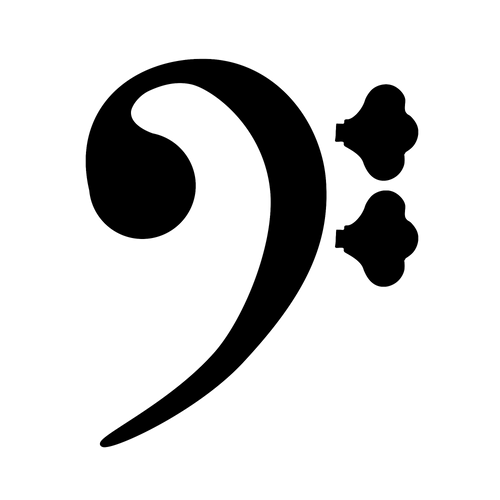Today let’s talk about something every musician knows well: repetition. We all do it. We repeat scales, passages, shifts, bowings, again and again, hoping each round gets a little better than the last. But here’s the thing: repetition can be your best teacher or your biggest trap. It all depends on how you use it. In this post, we’ll explore what repetition really does for your playing, how it can help you grow, and how to make sure every minute you spend practicing actually moves you forward.
How repetition helps
As a bassist, I’ve relied on repetition throughout my training. Whether working on a tricky orchestral excerpt or my own compositions, repetition can build muscle memory, strengthen coordination between left–hand and right–hand, and help internalize rhythmic and intonational patterns. In many respects, the double bass demands consistent repetition. The size of the instrument and the nature of the strings mean that what may take one run on a smaller instrument may take several more on ours.
Moreover, repetition may contribute to developing confidence. When you’ve played a phrase dozens of times, the instrument begins to feel like an extension of yourself in that moment. That feeling can reduce fear in performance settings.
But repetition without intention can stagnate
Here’s where caution comes in: repetition alone is not a guarantee of progress. I’ve found (and many teachers and players confirm) that simply playing the same passage over and over without analysing or changing anything may give the illusion of work, but not the illusion of improvement. For example, the article from Double Bass HQ points out that “repetition without intention is not a good way to practice.” They offer a “practice cycle” which moves: Play → Analyse → Execute → Repeat, rather than just “Play → Play → Play.”
Similarly, an article from The Strad introduces contrasting views on repetitive practice: while repetition may anchor basic technique and fluency, it also could become monotonous, unproductive, or even harmful if it lacks variation and reflection.
Why this may lead to deeper progress
When you bring that level of awareness, your ear becomes sharper: you start hearing things you didn’t before (tone quality, minute shifts in pitch, bow sound consistency). Your body becomes more responsive: you begin to notice when you’re “coasting” and when you’re actively engaged. And over time, your practice sessions become more efficient: instead of just logging hours you begin logging results.
In my own trajectory, especially during intensive periods of study and performance, this kind of intentional repetition made the difference between “I played it through a lot” and “I honestly improved it.”
Final thoughts
Repetitive practice in itself is not the problem. Indeed, it is often indispensable, especially on the double bass. The problem is when repetition becomes mindless. When you pick up your instrument and autopilot sets in. If you keep asking yourself: “What can I hear? What can I change? What is the result of that change?” then repetition can serve you well.
If you don’t ask those questions, repetition may simply become time spent rather than progress earned.
If you’d like a deeper tool to help structure your practice, one that integrates technical exercises, variation, and focused repetition, then I’d like to invite you to explore “The Exercise Book” available in my shop. It was created to support double bassists who want to turn practice time into meaningful progress. You can find it below.
Thank you for reading and for committing to transforming repetition into advancement.

